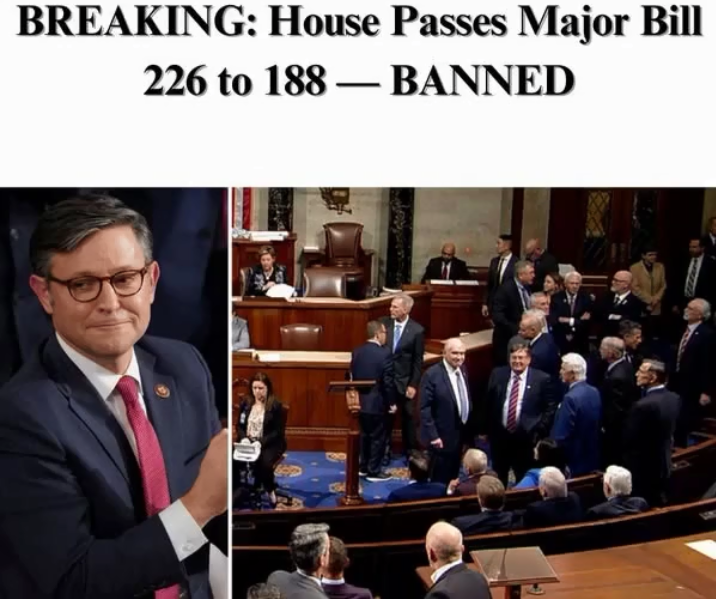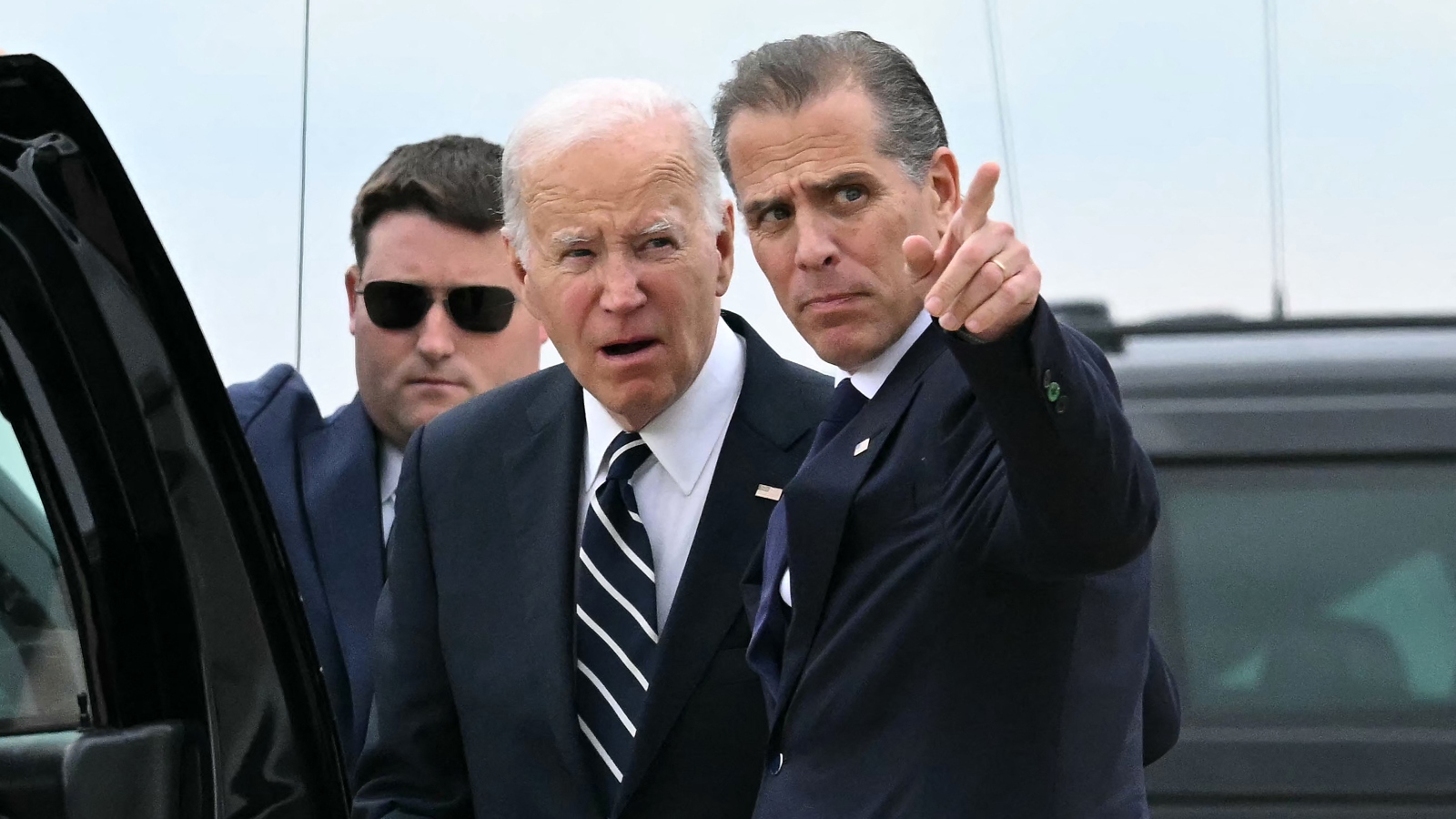House Approves Bill Requiring Congressional Approval for Future Presidential Bans on Oil Drilling
In a decisive and highly charged move, the Republican-controlled House of Representatives passed a bill aimed at curbing the power of future presidents to unilaterally ban oil and gas drilling without first obtaining approval from Congress. The legislation, titled the “Protecting American Energy Production Act,” passed by a vote of 226–188, marking a significant step in the ongoing debate over energy policy and the balance of power between the executive and legislative branches.
The bill seeks to prevent any future president from imposing bans or restrictions on oil and gas drilling on federal lands and waters without explicit authorization from Congress. It is viewed by many lawmakers and energy industry advocates as a strong pushback against what they see as overreach by the executive branch when it comes to energy regulations, particularly those that could limit the production of fossil fuels in the United States. Supporters of the bill argue that such unilateral actions could have serious economic consequences, potentially stifling energy production, job growth, and national energy security.
The measure comes at a time of heightened political and ideological divisions over U.S. energy policy, particularly between those who advocate for aggressive action to combat climate change and those who believe the nation should maintain its energy independence through continued oil and gas exploration. Republican lawmakers, in particular, have expressed concern that the Biden administration’s approach to limiting fossil fuel production is harmful to the American economy and energy security.
By requiring Congress to weigh in on such decisions, the bill would ensure that any major policy changes affecting energy production would be subject to greater scrutiny and debate. It is also seen as an effort to strengthen legislative control over energy policy, shifting some of the authority away from the executive branch, which has used executive orders in the past to restrict drilling on public lands.
The passage of the bill in the House comes after years of tension between the federal government and energy industry leaders who argue that domestic oil and gas production is essential for job creation, energy independence, and national security. The bill reflects broader concerns about the potential negative impact of executive actions on the energy sector and represents a significant challenge to the power of future presidents in shaping energy policy.
However, the bill faces an uphill battle in the Senate, where Democrats, particularly those aligned with President Biden, may resist such restrictions. The Biden administration has made efforts to reduce the nation’s reliance on fossil fuels, focusing on renewable energy sources and efforts to combat climate change. Thus, this legislation is likely to become a focal point in the ongoing debate over the future of energy production in the U.S. and the role of government in regulating it.
Ultimately, the “Protecting American Energy Production Act” signals that energy policy will continue to be a key issue in the political arena, with significant implications for the country’s economic future, environmental goals, and the broader discussion on how best to balance energy needs with environmental concerns.



